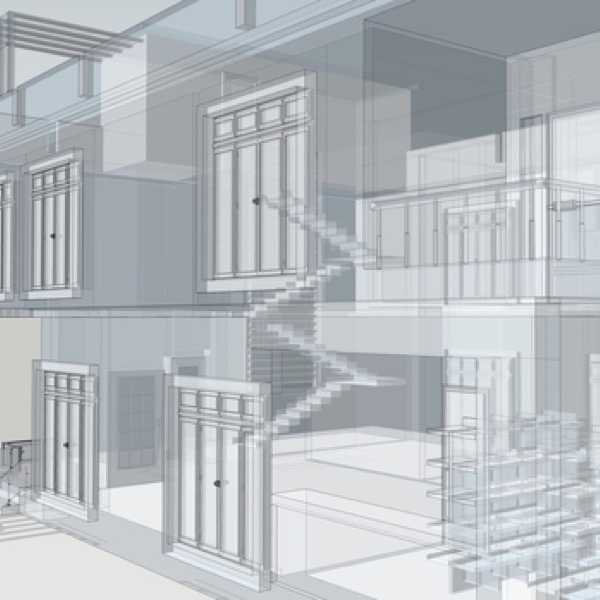There’s no question that technology is changing the real estate industry. It used to be that buying and selling property depended largely on relationships between sellers and agents. But in today’s disruptive environment, the business of real estate is evolving, although at a slower pace than other industries. A recent National Association of REALTORS® (NAR) Profile of Home Buyers and Sellers reported that 51% of home buyers used the internet to purchase their dream home. NAR’s 2017 Real Estate in a Digital Age report confirmed that most buyers have used apps to compare home features and research neighborhoods and locations before connecting with a real estate agent. With over 90% of real estate firms owning websites, technology is changing the real estate industry. And there is more to come.
Industry-wide upgrade?
It comes as no surprise that today’s real estate professionals use technology in their daily transactions. With 85% using text messaging and over 80% of real estate agents feeling “somewhat comfortable” with social media, firms are already transforming into digital entities. In a 2018 NAR Realty Technology Survey, respondents indicated that the social media networks they used most were “Facebook (97 percent), LinkedIn (59 percent), Instagram (39 percent), and Twitter (33 percent).” This certainly makes sense especially if you think about the last time you walked into a real estate office to buy or sell property.
Staying up-to-date
But staying up to date with new technology is expected to pose one of the biggest challenges for many real estate firms through 2019 and no doubt beyond. A recent Forbes article went so far as to say that the real estate industry, the world’s largest commodity with $217 trillion valuation, is behind when it comes to staying up with technology trends and establishing industry standards.Technologies like virtual reality, cloud computing, and blockchain will “soon become mainstream in the real estate space.” According to Forbes it’s “time for an industry-wide upgrade.” But that’s just a short list of the tools and options available for firms that include everything from artificial intelligence to deal management platforms.
Priorities
In Deloitte’s 2019 Commercial Real Estate Industry Outlook survey, over 80% of respondents believe that commercial real estate companies “should prioritize the use of predictive analytics and business intelligence” and more than 25% believe they should “prioritize the use of IoT technology in (re)designing buildings.” Deloitte recommends that commercial real estate leaders “change the mind set” and look at “working on an enterprise-wide digital strategy” while prioritizing relevant technology.
New types of competition
Of course, savvy startups have also popped up and presented challenges for real estate firms. According to DisruptorDaily, there are ten companies that are “building the real estate market of the future.” For example, OpenDoor offers a new real estate model by snapping up homes in just three days using “sophisticated home pricing algorithms” yet charging higher than the customary 6% commission. And U.K based PurpleBricks, who recently entered the U.S. market, offers a low, flat fee ($3,200) to sell your home.
Changes in other industries affecting real estate
But it’s not just about technology and startups within the real estate industry. It’s also about other companies using technology to transform themselves into virtual businesses. These businesses no longer need a commercial vacancy to sell their products. Even law firms, financial, and insurance organizations are following office trends to use less office space. They are reducing the need through collaborating work spaces and less file and storage space due to cloud storage. Companies like Casper, an online mattress company, are also opening up temporary pop ups to create a different customer experience with “fun and engaging spaces” and shying away from traditional stores and outlets. As online sales continue to increase and if the concept of temporary pop-up stores catches on, the real estate market will need to continue to rethink the traditional commercial space and to attract these new retailers.
Where do we go from here?
As long as we have planet Earth, there will always be a need to buy and sell real estate. But relying on old ways to do business is risky, especially if you see yourself being active in the industry. Technology is changing the real estate industry so thinking outside square footage has never been more pressing. Now, it may be about location, location, technology.
Learn how Bitbean can help you maneuver the changes and lead the way. Contact us today.







